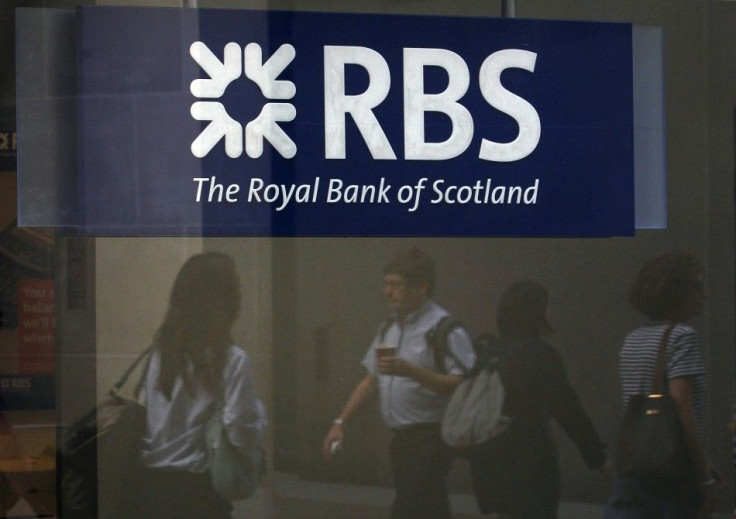RBS to Cut 2,000 Jobs After Posting Huge First-Half Loss

Royal Bank of Scotland Group plc (NYSE: RBS) said it posted a huge loss of £1.4-billion ($2.3-billion) for the first half of 2011, after taking a £733-million ($1.2-billion) provision for its exposure to Greek government bonds.
The company’s shares fell by as much as 14 percent in London trading at one point – leading to a suspension of trading.
RBS, which is 84 percent-owned by the British government after having received bailouts to stay afloat, also set aside £850-million ($1.39-billion) to cover claims for the mis-selling of Payment Protection Insurance (PPI).
The bank also set aside a £1.25-billion provision for losses at its Ulster Bank operations in Ireland and Northern Ireland.
In connection with these losses, the Bank will cut up to 2,000 jobs over the next 12 to 18 months. It is unclear in what segments of the company the job reductions will affect.
"We are forced to stay efficient and that will mean ongoing tight attention to costs," explained chief executive Stephen Hester.
RBS has already slashed about 27,500 jobs since the onset of the global credit crisis.
Hester warned that the bank still faces more “head winds which will effect us in different ways.”
"It is an incredibly treacherous trading environment,” Hester added. “
These are markets to be careful in. They are ones to not try to be a hero.”
John Smith, a fund manager at London-based private bank Brown Shipley & Co., told BBC: "The banks are not going to make a profit in this sort of environment and their provisions are going to get worse. RBS has got a lot of problems.”
© Copyright IBTimes 2025. All rights reserved.





















